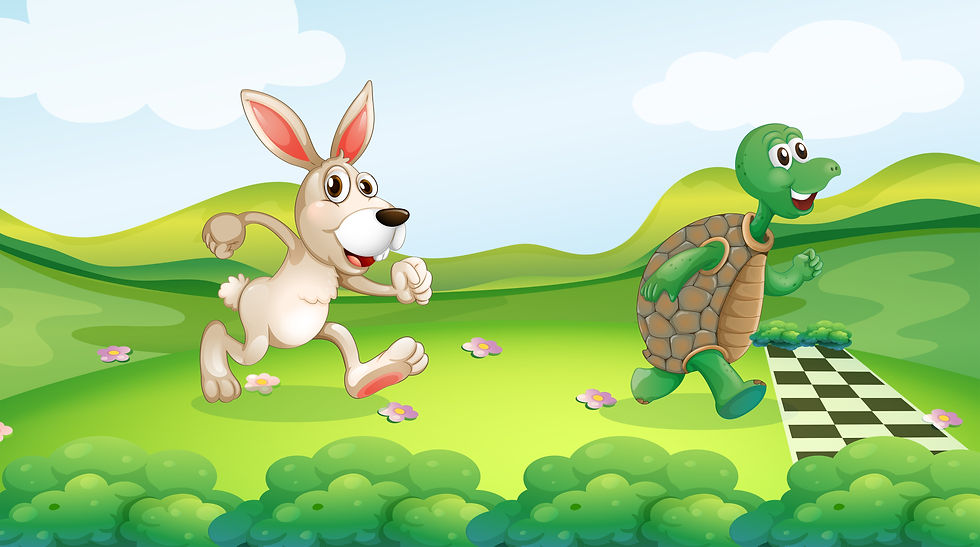How Should I Really Make Important Decisions?
- Tamar Balkin
- Feb 14, 2020
- 3 min read

There are often poignant times in our lives when we need to make significant decisions that will impact both our personal and professional lives. Often, these choices can be aptly described by Robert Frost’s famous poem “The Road Not Taken”. Interestingly, there is a great deal of research that suggests we are more rational in our decisions at work and more emotional in our decisions in our private lives. This is possibly due to the fact that in the business world we are more inclined and generally required, to provide hard evidence and logical reasoning to justify our decisions. So how should we make a decision that has a personal and professional impact? Typically people will research, seek advice, list the pros and cons of the alternatives, go with their ‘gut’, or use a combination of all of the above. So let’s look at these strategies in more detail. Conducting research on the surface is quite an objective process, however, you should be mindful that there are no unconscious biases at play and that you are not looking for evidence to support your point of view. When you consult others are you seeking objective information or just validating your choices? As we get older we know our friends’ values, opinions and biases on many topics. For example, if you have been running your own business and you are head hunted, your entrepreneurial friends will warn you against the new job offer while your more conservative friends will advise you to take the ‘security’ of being an employee. Pros and cons lists can also be troublesome if not done correctly. I have always wondered whether people went with the option that had the longer list of pros, the more palatable list of pros? Or do some people make sure their lists justify the decision they have already made. Professor Tony Grant from Sydney University adds some important steps to improve the pros and cons process. Firstly, he believes it is essential to clarify your values, to decide what really matters to you at this point in time in your life and then about 5 years into the future before embarking on any significant decision making process. The values clarification helps to place weight on the different pros and cons. Secondly, he recommends you write the pros and cons of the current situation not just the pros and cons of the alternative. This process reminds you to consider the ‘status quo’ as a viable alternative. A properly performed pros and cons process may not produce a clear answer but it will start to open your eyes to the consequences of your decision. What about the idea that we should trust our ‘gut’ or to put it more scientifically, rely on our unconscious? Anecdotally we all remember the advice that if you can’t solve a problem, go onto the next one and your unconscious will somehow work it out. For decades, psychologists have debated the different roles of the conscious and the unconscious in complex decision-making.
Personally, I agree with the conclusions drawn by Hassin and Milyavasky that given the sheer volume of complex problem solving, goal pursuits and self-regulation that we engage in on a daily basis, there must be both unconscious as well as conscious processes at play. In conclusion, there is no ‘right way’ to make a decision. Ideally you should acknowledge your biases and suspend judgment, research, seek advice, identify your personal values, look at the pros and cons of all alternatives (including the status quo) and then allow your brain to make the decision while your attention is engaged elsewhere. Reference: 1. Newell, B.R and Shanks D.R (2014) Unconscious influences on decision making: A critical review, Journal of behavioural and brain sciences 37,1-61




Comments